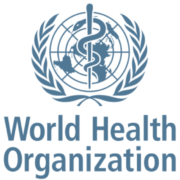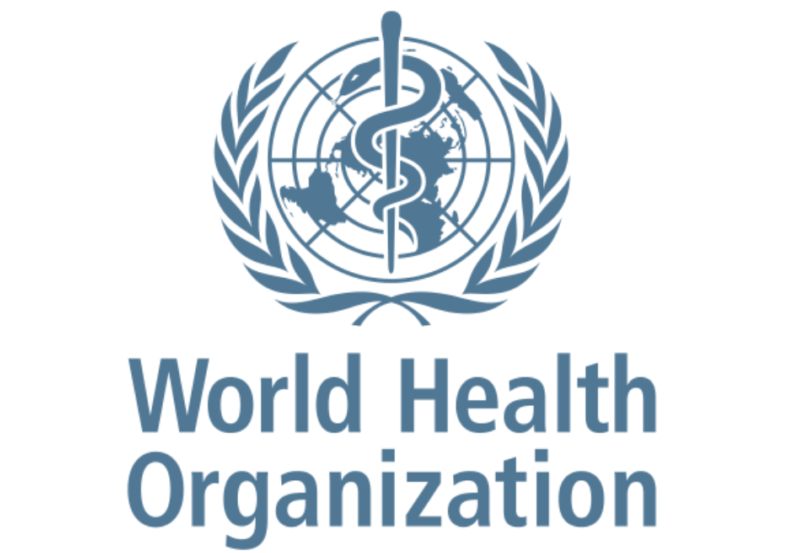Ebola Rumor Management Guide
This guide is aimed at community-level actors conducting Ebola preparedness activities. It covers key elements of general rumor management as well as specific rumors and possible responses to those rumors and includes a set of practical tools at the end.

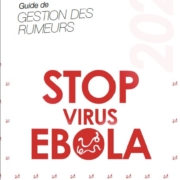
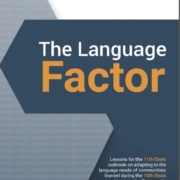
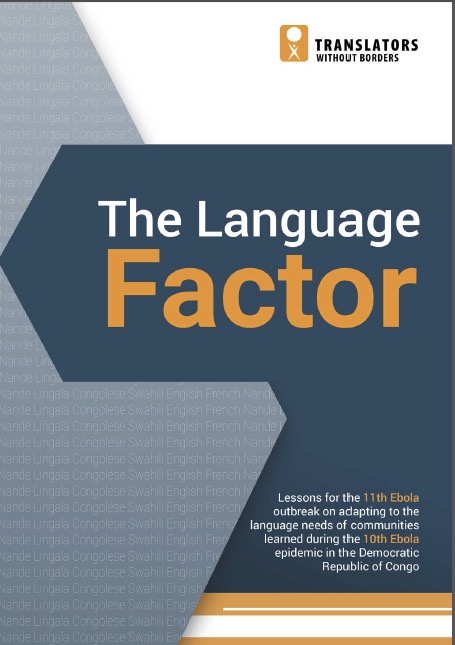 This resource provides lessons from previous Ebola outbreaks in the DRC on adapting to the language needs of communities and centers language as a key trust builder between communities and public health experts.
This resource provides lessons from previous Ebola outbreaks in the DRC on adapting to the language needs of communities and centers language as a key trust builder between communities and public health experts.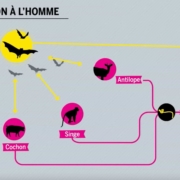
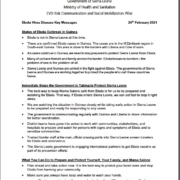
 2021- Developed by the Government of Sierra Leone, this resource features facts about Ebola, prevention, signs and symptoms, treatment and how to distinguish between COVID-19 and Ebola Virus Disease.
2021- Developed by the Government of Sierra Leone, this resource features facts about Ebola, prevention, signs and symptoms, treatment and how to distinguish between COVID-19 and Ebola Virus Disease.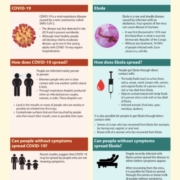
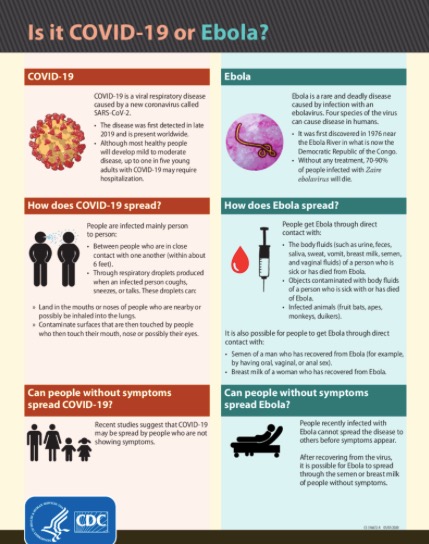 This fact sheet distinguishes between Covid-19 and Ebola in terms of cause, transmission, signs and symptoms and risk factors.
This fact sheet distinguishes between Covid-19 and Ebola in terms of cause, transmission, signs and symptoms and risk factors.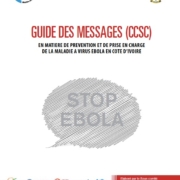
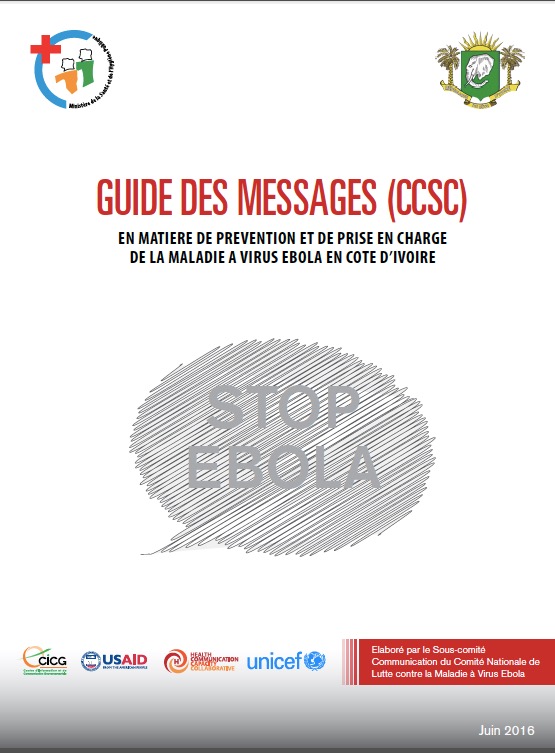 This message guide was produced in June 2016 to strengthen the coordination of the various information and education interventions developed to raise awareness about the Ebola epidemic in Côte d’Ivoire.
This message guide was produced in June 2016 to strengthen the coordination of the various information and education interventions developed to raise awareness about the Ebola epidemic in Côte d’Ivoire.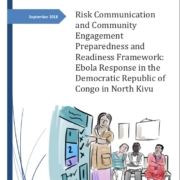
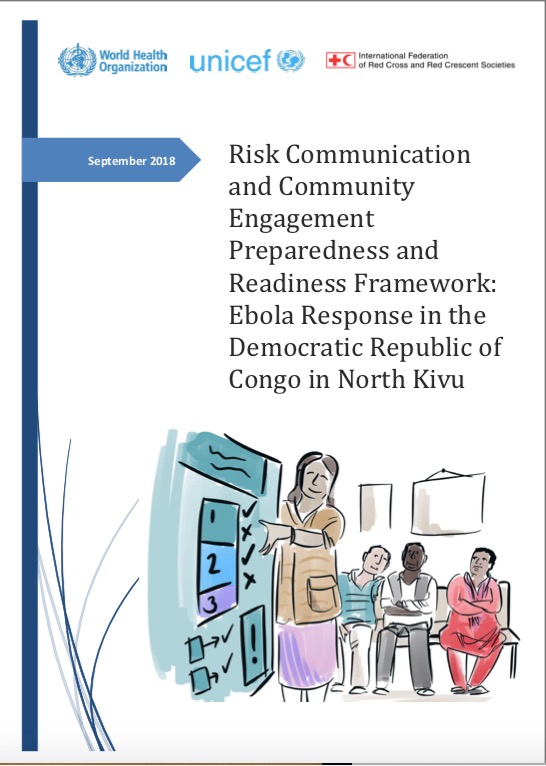 This resource (2018) provides a guide for RCCE work for the prevention and control of EVD outbreaks. The RCCE framework sets out overacting considerations regarding RCCE for preparedness and readiness to respond to outbreaks and links the RCCE response pillar to health technical areas.
This resource (2018) provides a guide for RCCE work for the prevention and control of EVD outbreaks. The RCCE framework sets out overacting considerations regarding RCCE for preparedness and readiness to respond to outbreaks and links the RCCE response pillar to health technical areas.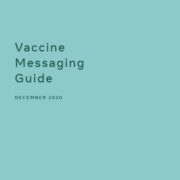
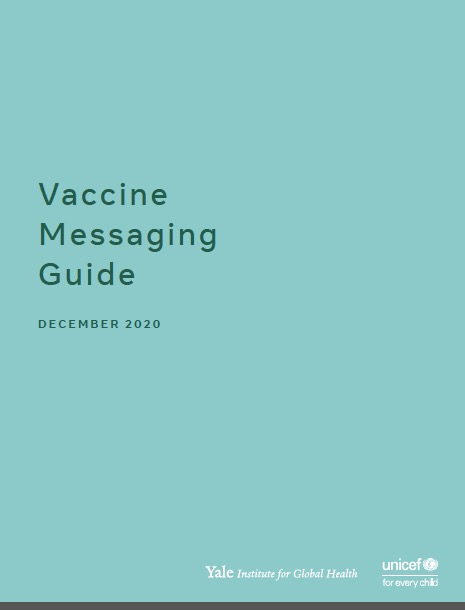 This Guide was developed by the Yale Institute of Global Health and the UNICEF Demand for Immunization team. It is intended for public health professionals, communicators, advocates and anyone else who wishes to create pro-vaccine content to motivate people to vaccinate themselves and their entourage.
This Guide was developed by the Yale Institute of Global Health and the UNICEF Demand for Immunization team. It is intended for public health professionals, communicators, advocates and anyone else who wishes to create pro-vaccine content to motivate people to vaccinate themselves and their entourage.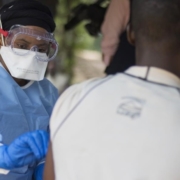
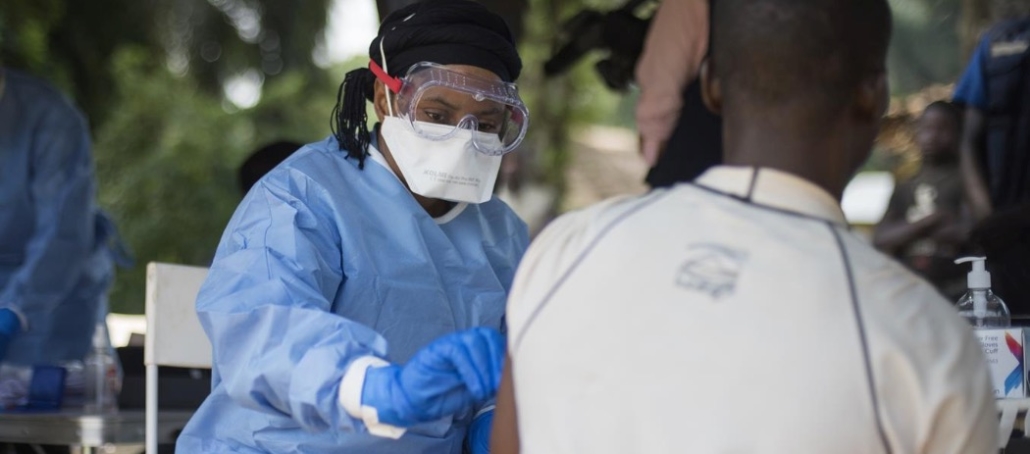 This WHO Ebola fact sheet (2021) provides comprehensive facts on Ebola, covering transmission, symptoms, prevention and control, vaccine, care for those recovered from Ebola and WHO response.
This WHO Ebola fact sheet (2021) provides comprehensive facts on Ebola, covering transmission, symptoms, prevention and control, vaccine, care for those recovered from Ebola and WHO response.